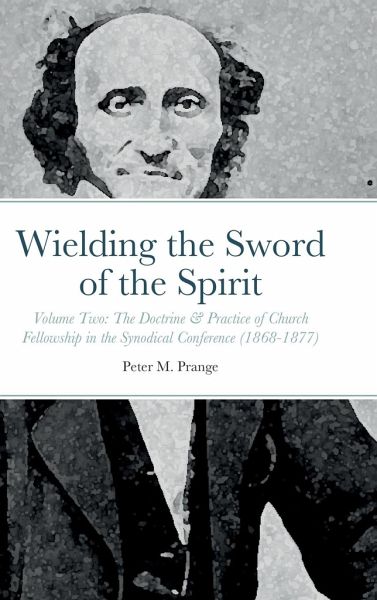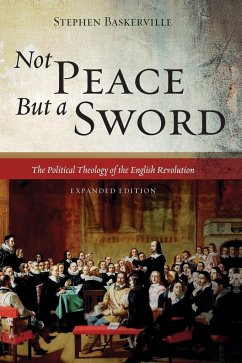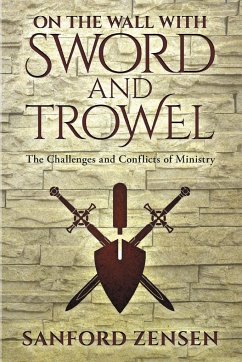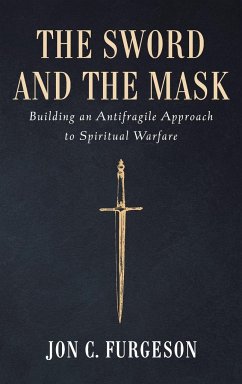Nicht lieferbar

Wielding the Sword of the Spirit
Volume Two: The Doctrine & Practice of Church Fellowship in the Synodical Conference (1868-1877)
Versandkostenfrei!
Nicht lieferbar
Dr. C.F.W. Walther worked tirelessly to realize his dream of a Lutheran Zion in North America that would combine and coordinate ministry efforts of faithful Lutherans in the United States and Canada to proclaim the gospel primarily in German, English, and Norwegian. He took center stage in the history of the doctrine and practice of church fellowship among those Lutherans who organized the Evangelical Lutheran Synodical Conference of North America in 1872. With the Spirit's help, six confessional Lutheran church bodies in the American Midwest would forge a gospel ministry partnership that coul...
Dr. C.F.W. Walther worked tirelessly to realize his dream of a Lutheran Zion in North America that would combine and coordinate ministry efforts of faithful Lutherans in the United States and Canada to proclaim the gospel primarily in German, English, and Norwegian. He took center stage in the history of the doctrine and practice of church fellowship among those Lutherans who organized the Evangelical Lutheran Synodical Conference of North America in 1872. With the Spirit's help, six confessional Lutheran church bodies in the American Midwest would forge a gospel ministry partnership that could and would have a profound impact on American and world Lutheranism for decades. But how did it happen? Had these synods discovered the Holy Grail of complete doctrinal agreement? No, they hadn't. Nor did they expect to find it. Instead, the Synodical Conference was founded on fundamental unity, an important fact that has been too often overlooked by subsequent generations of Lutheran church historians and church leaders. But what did these Lutheran fathers mean by fundamental unity? This volume deals with and answers that question and many more.













